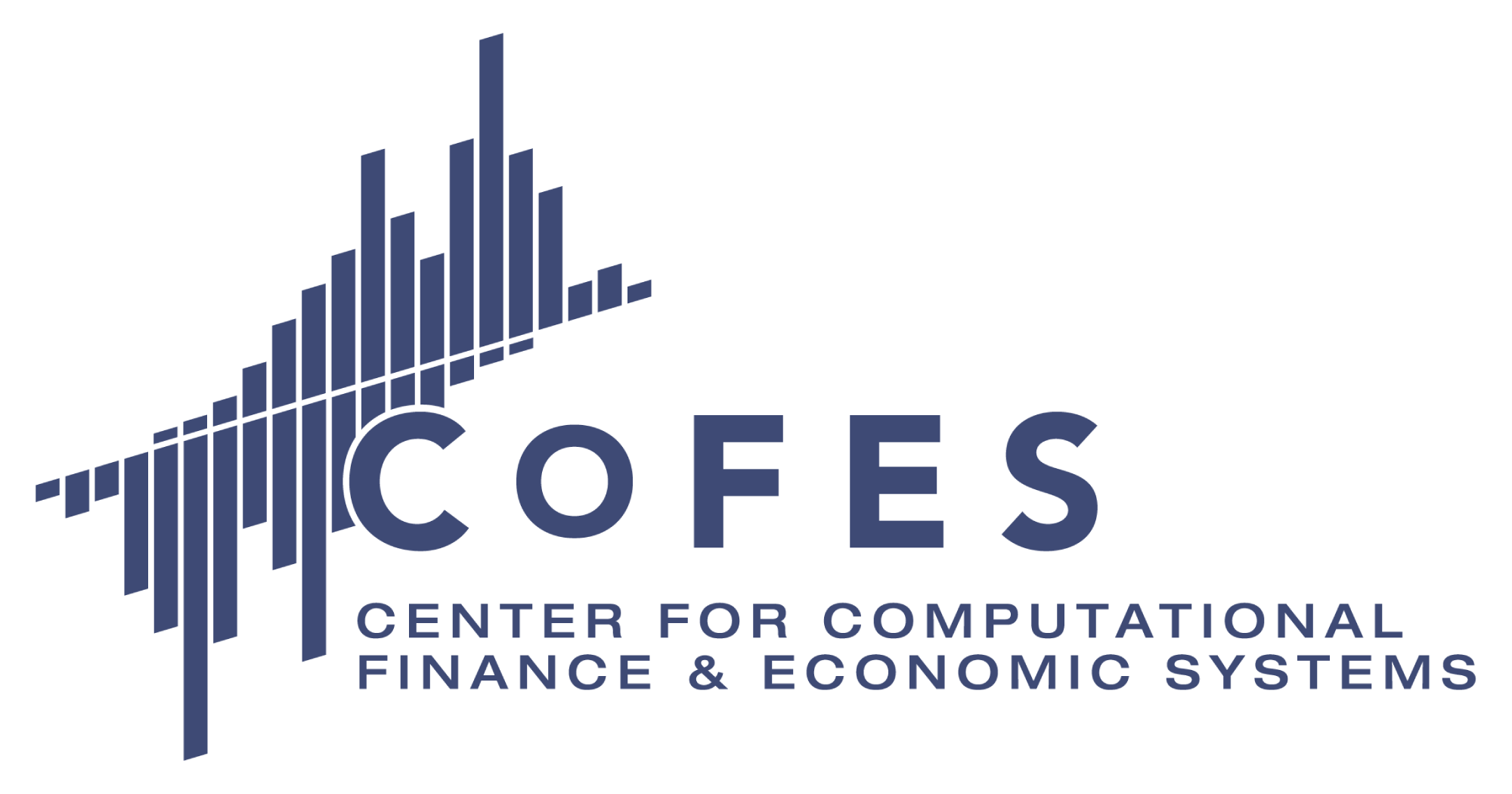Student-taught courses at Rice University are part of a unique program that allows undergraduate students to design and teach their own class on a subject of their expertise.
Managed through the Center for Teaching Excellence (CTE), the university offers many resources to support student-taught courses, including a teacher certification program that started in 2015 that provides instruction on the theory and practice of education and offers teaching assistantships. Students also receive support from college masters and faculty advisers.
The one-semester-long student-taught courses, which are listed under the COLL subject code, range from stand-up comedy to finance, investing and trading, and mathematical origami design.
Sumit Sarkar has a mind for the game theory-influenced strategies in poker. He received a B.S. in statistics and a minor from the interdisciplinary Financial Computation and Modeling (FCAM) program this past May and is an incoming Quantitative Trader at Optiver in Chicago, IL.
“Poker is an exciting game that blends mathematics, psychology, and philosophy to optimize your chances of winning. The heart of the game’s problem-solving process can also be used to understand stock market probability, and in planning innovative solutions and risk management analysis,” said Sarkar.
Sarkar enjoys the game’s complexity and the statistician in him appreciates seeing player strategies evolve over the course of many rounds of play. So, he thought he would try his own hand at teaching COLL 125 - Introduction to Poker this past spring.
Sarkar’s class was very popular and included 19 students – the maximum allowed for any student-led class. In addition to teaching the basics of poker and applying game-theory optimal strategies, the course culminated in a capstone/final design project – a Texas Hold’em poker tournament.
John Dobelman, a professor in the practice of statistics, director of the Professional Master’s in Statistics (MStat) program, and associate director of CoFES served as the class adviser.
“After a deep dive into pre-flop play, post-flop play, ranges, betting strategies, board texture, bluffing, game theory optimal play, and exploitation, the tournament challenged students as it followed all the same guidelines as any professional tournament would, with increasing blinds, antes, and decision clocks,” said Sarkar.
Winners of the 2022 poker tournament included: a first-place cash prize of $300 to Zakaria Cherif, a senior majoring in chemical engineering; second-place cash prize of $150 to Chris Cone, a senior majoring in psychology with a minor in business; and third-place cash price of $50 to Stephen Peng, a senior majoring in neuroscience.
“Throughout its history, CoFES has been a strong supporter of student-led efforts that range from blockchain and investment clubs and competitions to clubs in data science and fantasy sports,” said Dobelman. “All are great extracurricular activities that make statistical learning engaging while boosting communication skills.”
- Shawn Hutchins, Communications and Marketing Specialist

